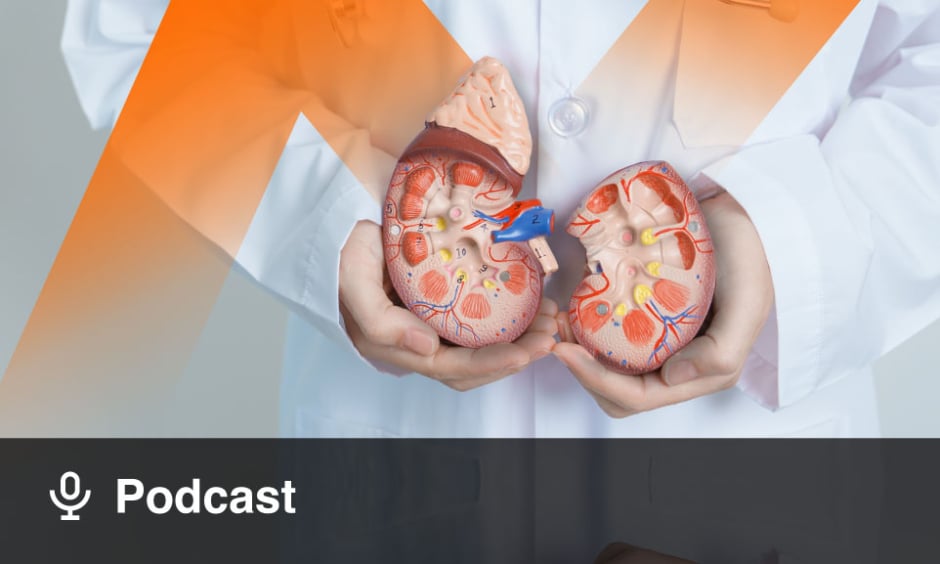A GROUNDBREAKING study led by researchers at UCLA Health’s Jonsson Comprehensive Cancer Center has provided new insights into testosterone recovery following androgen deprivation therapy (ADT) in men undergoing radiotherapy for prostate cancer. The findings, based on an analysis of data from five major randomised controlled trials involving 1,444 patients, are expected to help optimise patient care and improve quality of life for men undergoing this common cancer treatment.
The study identified several key factors influencing testosterone recovery, including baseline testosterone levels, patient age, and the duration of ADT. Researchers found that testosterone recovery varies widely among individuals. To assist physicians in predicting recovery times, the team developed a nomogram, a predictive tool that estimates recovery timelines based on patient-specific characteristics.
ADT, often used alongside radiotherapy to treat prostate cancer, works by significantly lowering testosterone levels to suppress cancer growth. However, this suppression can lead to side effects like fatigue, reduced libido, and mood changes. Thes effects can significantly impact a patient’s quality of life. Understanding the process of testosterone recovery is crucial for physicians to balance the cancer-fighting benefits of ADT with the side effects it causes, and this new study provides a much-needed framework for anticipating recovery timelines and managing side effects.
The study also revealed that the duration of ADT plays a significant role in recovery speed, with older patients and those with lower baseline testosterone levels experiencing slower recovery. Interestingly, the research showed that men who underwent six months of ADT and maintained low testosterone for approximately 11 months had improved metastasis-free survival, suggesting prolonged suppression may offer better cancer control, even in shorter treatment regimens.
“These findings provide valuable insights into what patients can expect after ADT treatment, helping them and their doctors make informed decisions about managing side effects and improving long-term outcomes,” commented the authors of the study.
Victoria Antoniou, EMJ
Reference
Ong WL et al. Testosterone Recovery Following Androgen Suppression and Prostate Radiotherapy (TRANSPORT): a pooled analysis of five randomized trials from the Meta-Analysis of Randomized Trials in Cancer Of The Prostate (MARCAP) consortium. Eur Urol. 2024;S0302-2838(24)02601-0.








